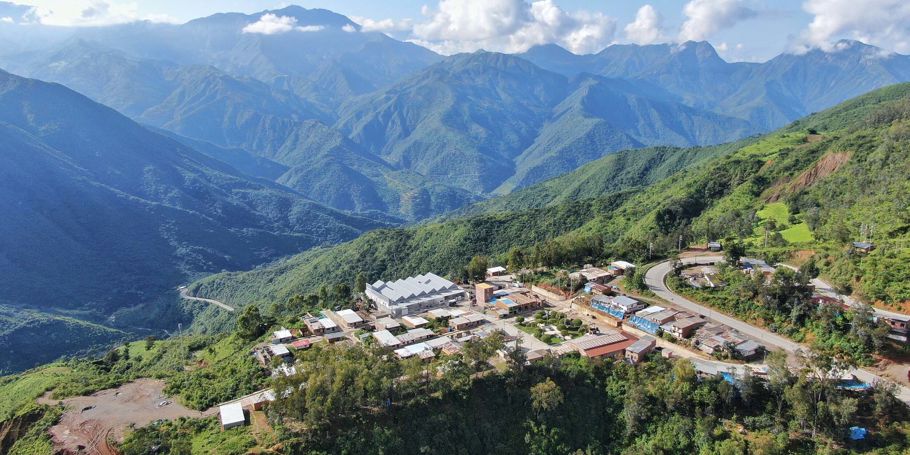Following the Rana Plaza disaster in 2013, in which a garment factory collapsed in Bangladesh resulting in the loss of 1,136 lives, it was imperative that a new, area-specific methodology be developed for assessing the structural safety of factories. The garment industry in Bangladesh employs over four million people, making the safety appraisal and upgrading process critically important. Arup developed a pragmatic approach to inspections, which has now become standard in Bangladesh.
Post-Rana Plaza, we supported a number of clients in driving an agenda of change. We inspected more than 800 factories there for Inditex (Spanish retail group) and the Bangladesh Accord on Fire and Building Safety – an umbrella organisation of clothing companies, employers and workers' representatives. We have provided clear advice on actions required to ensure the safety of the workers, including closure of a small number of facilities. In addition, we have overseen and provided a quality review role on an additional 750 fire, electrical and structural factory inspections which were commissioned by the International Labour Organisation on behalf of the Bangladesh Government.
In total, over 3,700 factories in Bangladesh were inspected using our structural methodology. All exporting factories are now assessed using the Arup-developed methodology. The challenge presented by this project was how to balance the immediate requirement of preventing another Rana Plaza without shutting down an entire industry which is critical to the national economy. The structural safety assessments are directly leading to safer workplaces for those employed in garment factories, ensuring that people feel safer going to work every day.
Developing safety protocols and training programmes
The textile garment industry is of critical social and economic importance in Bangladesh, with many of the four million employees being the sole wage-earners in their families. It is also a major source of employment for women in a country where they have been largely excluded from formal work in cities. Understanding the importance of this industry for the people of Bangladesh, we came up with a pragmatic approach for carrying out the structural safety assessments, focusing on critical life-safety issues.
Our work has included:
- Creating emergency evacuation plans for factories and development of a detailed engineering assessment guidance manual for follow-up structural assessments and remediation design for Inditex.
- Developing minimum inspection and assessment standards for fire and structures, as well as an engineering training programme for fire, electrical and structural engineers for the Bangladesh Accord on Fire and Building Safety.
- Training on fire safety design with Bangladesh Fire Services and Civil Defence and assisting with establishing the Remediation Coordination Cell to administer the Bangladesh National Initiative factory remediation programme for the International Labour Organisation.








